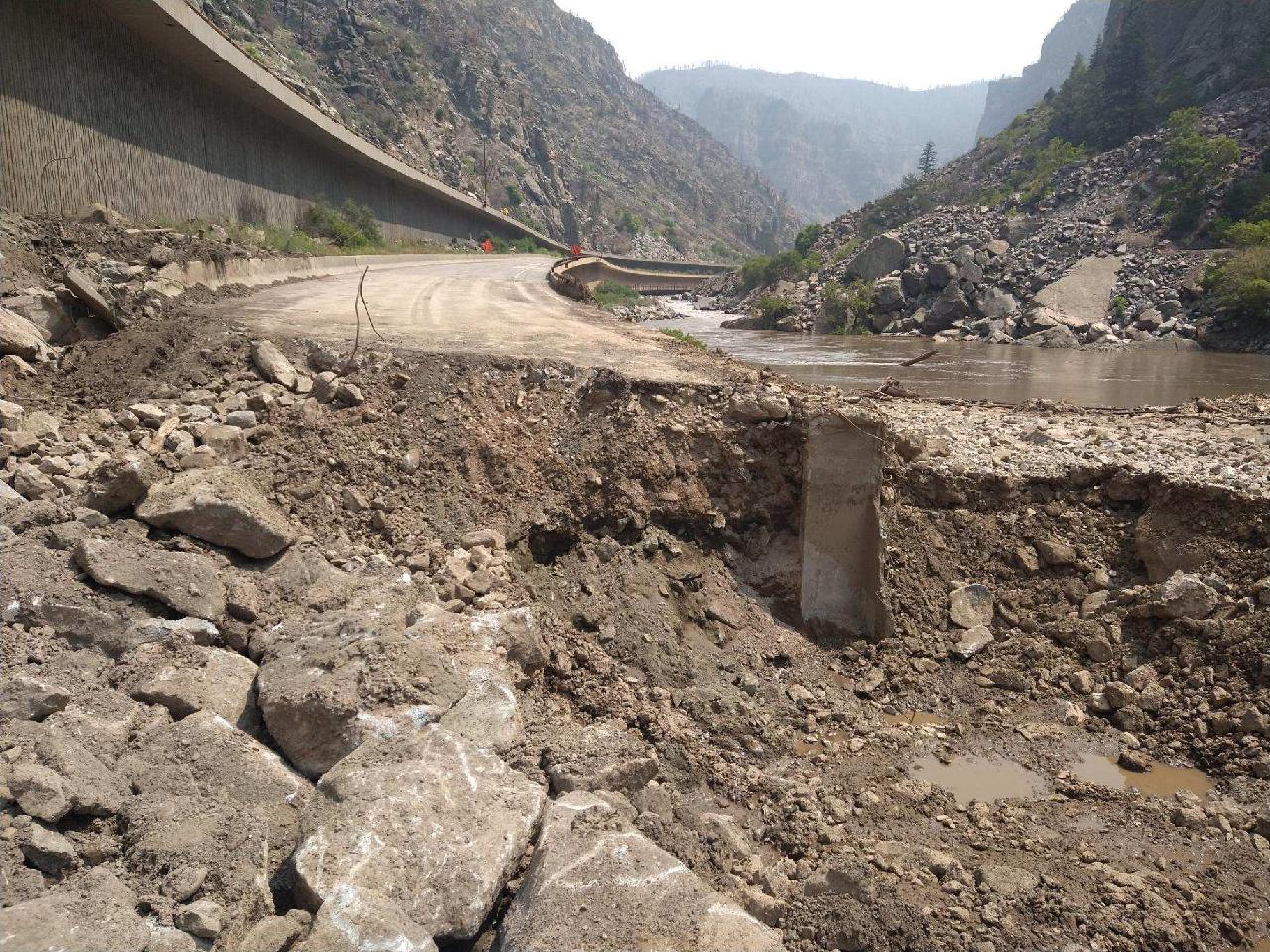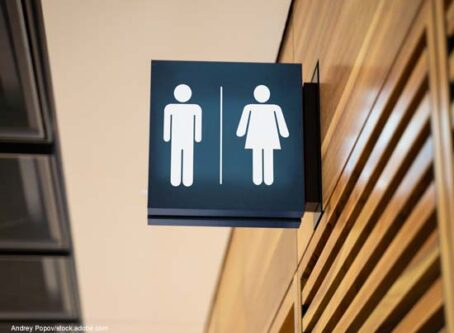I-70 at Glenwood Canyon officially reopens in Colorado
Interstate 70 through Glenwood Canyon is officially reopened, saving truck drivers time and money wasted on a lengthy detour.
At about 8 a.m. on Saturday, Aug. 14, the Colorado Department of Transportation announced that I-70 from mile marker 116 in Glenwood Canyon to mile marker 133 in Dotsero was officially reopened. The morning reopening was slightly ahead of the anticipated reopening of Saturday afternoon.
In a video published on Saturday morning, CDOT Deputy Chief Engineer Keith Stefanik said that I-70 will be two lanes in each direction throughout the majority of Glenwood Canyon. However, there is one section with one lane in each direction. From the east side, a single lane begins at mile marker 123.5 for about 1.5 miles. A single lane on the west side is about half a mile in length. According to Stefanik, state officials hope to fully reopen the interstate by Thanksgiving.
Additionally, the speed limit through Glenwood Canyon is down to 35 mph as motorists familiarize themselves with the changes.

According to CDOT, a width limit for truckers is in effect.
Currently, there is a width limit of 12 feet on I-70 from Exit 114 in Glenwood Canyon to Exit 133. The limit is in effect 24 hours a day, seven days week, until CDOT notes otherwise.
The reopening lasted for about 12 hours before I-70 near Glenwood Canyon was shut down again. At about 8:30 p.m. on Saturday, CDOT announced a safety closure between mile marker 213.5 and mile marker 215. At 6 p.m. on Sunday, the safety closure was extended from Exit 87 in Rifle to Exit 133 in Dotsero. That closure was lifted about an hour and a half later. CDOT is warning motorists of possible future closures when precipitation is in the forecast, which will increase the chances of more debris flow over the Grizzly Creek burn scar.
For up-to-date road closures, go to COtrip.org.
Glenwood Canyon closure raises concerns over detour
The three-week I-70 closure through Glenwood Canyon highlights the dire need of a better detour, especially for truckers.
During the closure, motorists were to take CO 19 to U.S. 40 to CO 13 as a detour. However, interstate truckers had to take Interstate 80 through Wyoming. Greg Fulton, president and CEO of the Colorado Motor Carriers Association, told Land Line that the detour, which is more than 100 miles on mostly two-lane highways, takes anywhere from 2.5 to five hours more for truckers. A trip from Denver to western Colorado, which can be completed in a day, would require a layover with the lengthy detour.
That detour was mostly for drivers making deliveries and pickups in the state. For interstate truckers driving through the state using I-80, the detour added a few hundred miles to the trip. Fulton said that translates to “greater fuel costs, additional labor costs, and further stretched companies who were already short drivers.”
In an open letter to Gov. Jared Polis and CDOT issued on Saturday, the Colorado Motor Carriers Association applauded state officials for their “herculean efforts” in reopening Glenwood Canyon.
Understanding the impact the closure has on businesses, the association is urging the state to use Colorado-based companies to complete the work in I-70.
On Aug. 9, Fulton published an op-ed urging officials to begin developing the nearby Cottonwood Pass as an alternative route that also can accommodate truck traffic. The Colorado Department of Transportation estimates the cost of those improvements at about $50 million. However, Fulton argued “that the overall costs to businesses and the travelers to date associated with this most recent closure may already exceed the total cost of improving Cottonwood Pass.”
In an editorial published by The Denver Gazette on Monday morning, the newspaper echoes Fulton’s pleas. The newspaper said the closure of Glenwood Canyon “partially paralyzed the transportation grid” and was “a costly blow to our regional economy.”
“What should be clear by now, as Fulton points out, is we cannot wait until disaster strikes again,” The Denver Gazette states. “We encourage Gov. Polis to move ahead quickly in engaging with Washington to resolve the problem. We must develop a permanent alternative for this crucial link in Colorado’s – and the country’s – transportation network.” LL









